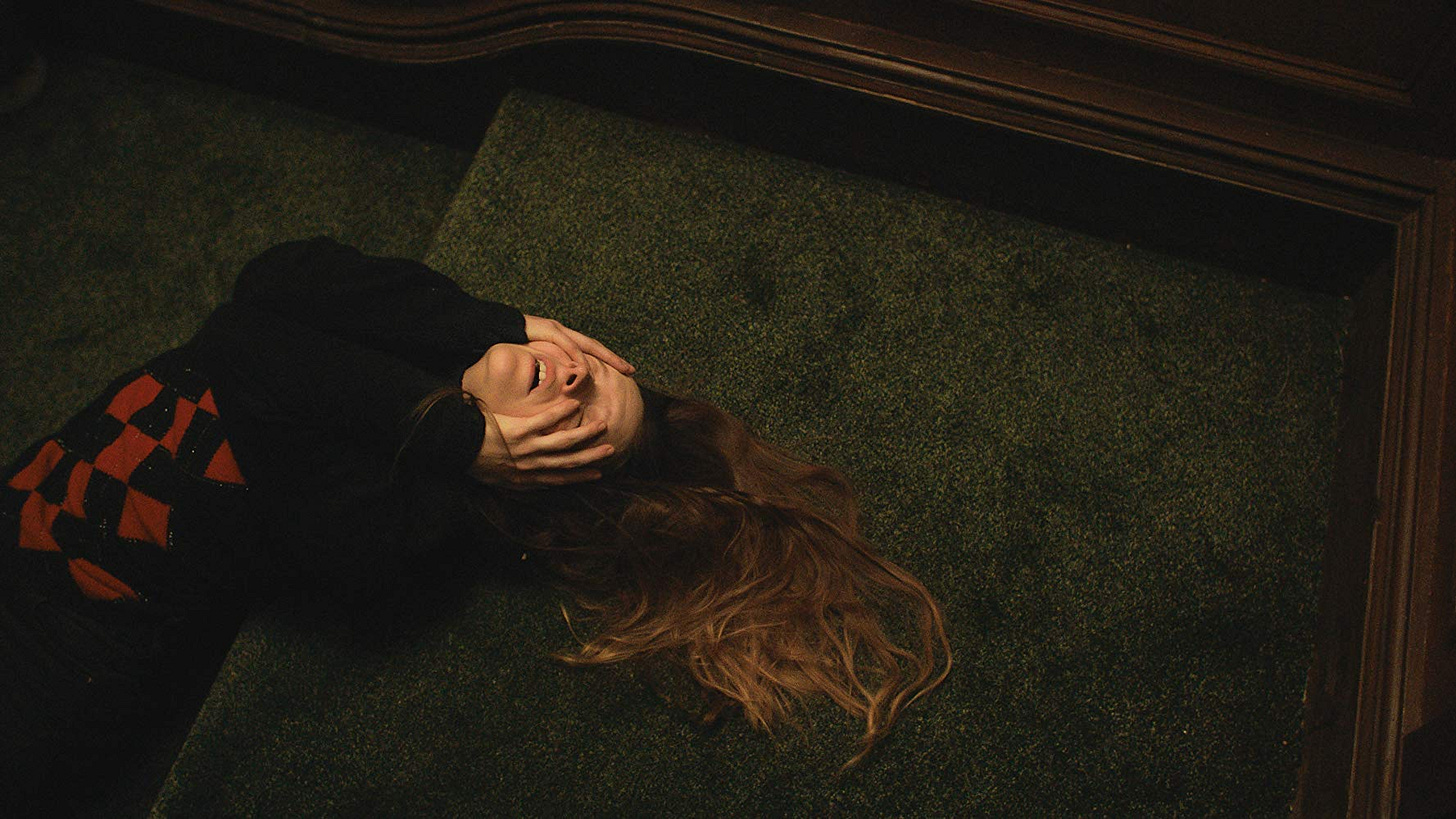Saint Maud, Repressed Desire, and Holy Psychosis
Eric Shorey discusses A24's latest elevated horror movie, which explores the difference between divine revelations and delusional thinking.
"He who desires but acts not, breeds pestilence." - William Blake
*Warning: light spoilers ahead*
A waifish nurse is hired as the personal caretaker of a wealthy dance teacher whose body is slowly succumbing to cancer in Saint Maud, the latest example of A24’s critically acclaimed brand of artsy horror cinema. Maud seems like a competent caretaker with strong religious convictions, but suspicions arise as she starts to threaten her ward’s visitors, saying that this woman’s ravaged soul has become her responsibility. When Maud accidentally bumps into a friend from an old job at a hospital it’s hinted that something went terribly awry in her life before this current gig — and that no one was there to save her.
The director of Saint Maud, Rose Glass, described how the story works on one level as “a sort of a drama about a traumatized nurse who is kind of struggling with mental health and not getting the help she needs [as she is] succumbing to a psychotic episode.” A compatible interpretation is that Maud’s repressed desire for her new client — required of her by her devout religious convictions — catalyzed Maud’s latest breakdown such that her visions of God became a necessary patch over an unwanted or unbearable reality. No wonder Maud finds no pleasure in her sexual exploits with men and resorts to violent forms of self punishment as she sees herself as “fallen.”
Relatively minimalist in art direction compared to some of A24’s more colorful films — making brief depictions of Maud’s self harming episodes even more brutal — Saint Maud’s apocalyptic hallucinatory revelations amidst a personal breakdown are truly frightening and evoke sympathy for those struggling with faith or schizophrenia. But just as disturbing are scenes in which Maud, in the grasp of epileptic fits, seems to achieve orgasm as she’s filled with God’s light.
In some ways, Maud is a standard possession film — the key difference is that the villain here is God, not the Devil.
FINAL JUDGEMENT: A-
*
If you’ve enjoyed reading this free post, why not subscribe for more JUDGEMENT? Sign up to have free content delivered straight to your inbox, or pay $5 for monthly subscriber-exclusive content! Thank you for enduring this sales pitch.




